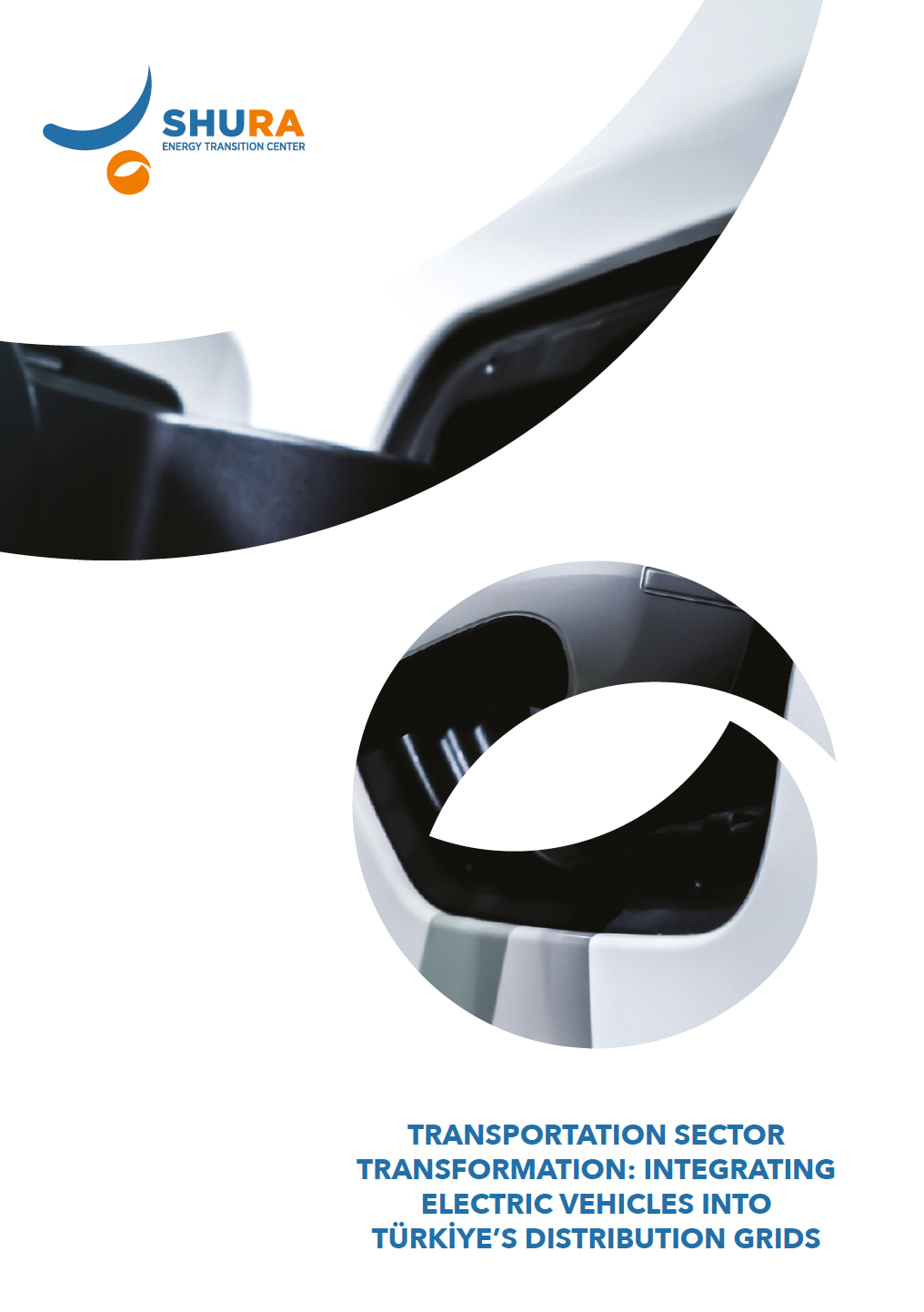The Turkish energy system, particularly the power sector, has undergone a major transformation having transitioned from a mainly public supply-focused system to a market-dominated sector over the past two decades. During this time, the share of renewables in electricity generation grew from 25% to 42% in 2020, while power demand increased 2.5-fold. The growth of non-hydro renewables has been particularly successful, with installed capacities growing from a negligible amount to 20% in less than a decade. In addition, energy intensity has declined at an annual rate of more than 1%. However, energy end-use sectors have struggled to replicate the successes of the power sector, and the share of renewables in primary energy supply has remained at around 10%, warranting increased attention to the transformation potential of transport and heating. As policymakers and businesses begin to recognise the potential of Turkey’s vast local energy efficiency resources, the rate of efficiency improvements is expected to accelerate.
The transition thus far has been rooted in dedicated policy frameworks regarding renewable energy, energy efficiency and climate change. Although Turkey signed the Paris Agreement, it has yet to ratify the agreement, and its Intended Nationally Determined Contribution (INDC), submitted in 2015, remains the main climate plan by 2030. The country remains committed to the transition, however, with commitment of President Erdogan in April 2021 to update Turkey’s climate change strategy and adaptation plan by 2030 and 2050. Recent policy developments have also seen new legislation targeting energy efficiency improvements. At the start of 2020, the government issued a vision for the transport sector, aiming for at least 1 million electric vehicles on the road and 1 million charging points by 2030. Additional government-enabled efforts are ongoing to blend in 5% clean hydrogen to the gas grid.
This study, the first of its kind in Turkey, aims to deepen the understanding of the impacts of a low-carbon energy transition, consistent with SHURA’s vision for 2030, to contribute to an enhanced policy dialogue associating the benefits of better human health and environment quality and a more secure energy system with the broader socio-economic aspects of this transition. From an energy sector perspective, the study answers major questions confronting Turkey’s economy, such as how value-added is impacted if renewable energies substitute fossil fuels. How would the transition impact manufacturing industries or wage and income distribution? Where will new jobs be created, and will there be losses? How will wage and income distribution be impacted? And what is the economic benefit of better human health and environmental quality?
Policy recommendations focus on how Turkey can reap these benefits and propose pathways to unlocking the significant opportunities for energy system transformation. Long-term, system-oriented planning looking to 2050 will be needed to realise a full transformation that is consistent with global climate goals. At the same time, establishing this long-term perspective can help shaping the immediate green recovery strategy that can stimulate the economy recovery from the COVID pandemic.





